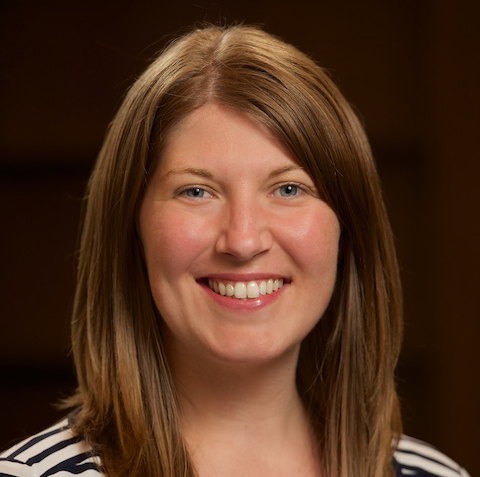Attention is the beginning of devotion.
 This line from one of my favorite poets, Mary Oliver, punctuates the title piece in a collection of her essays called Upstream.
This line from one of my favorite poets, Mary Oliver, punctuates the title piece in a collection of her essays called Upstream.
Fundamental to the entire collection is a reverence for the often undervalued disposition of childlike curiosity. Oliver invites us to reconsider it as an essential aspect of our humanity. The Remick community esteems this gift too. We define relentless curiosity in part as seeing “the world with a sense of wonder” and believing that because God is in all things, “the more we learn about the world, others, and ourselves, the closer we grow in relationship to God.”
Relentless curiosity is not about the pursuit of completed to-do lists. And it isn’t about the pursuit of knowledge or expertise alone. Relentless curiosity calls us to take note of the world, and its people, around us with wonder and awe for our Creator. Yet how often do we hurry through our day and tasks absent such a disposition?
A challenge for any adult, sustained childlike wonder and attention can feel like a Herculean task for school leaders who often find themselves without time to eat lunch some days. I relived the frenetic pace of school life just last week. I spent three days at St. Luke, one of our Notre Dame ACE Academies in Palm Beach, working with my team to complete our own instructional audit. (I do them too, RLP 20!) We calibrated observations across our team of four, gathering low-inference counts, tallies, direct quotes, and descriptions of fifteen indicators of instruction.
The task required an at times frantic pace of observing, categorizing evidence by indicator, circulating, and note taking. Yet amid that hurried hum of activity, I found myself simply wanting to linger with certain moments, to be attentive and in awe.
At one moment, I witnessed 8th grader Robin, after stumbling in her approach to solving a multi-step inequality, rebound with the next problem as she asked, “May I please redeem myself?,” and then provide the accurate answer. Her middle school classmates nodded and smiled in support of her, one girl bending herself backward to give a thumbs up. A moment of extending grace to oneself and to others.
I was struck when a Kindergarten teacher posed, “What follows a bad choice?,” and a precocious five year old quickly replied, “The chance for a restart.” The teacher, initially seeking the word “consequence,” warmly smiled and affirmed the child’s contribution. A moment of unexpected wisdom.
I noticed a first year teacher navigate an error in her science lesson with the stance of a warm demander, acknowledging the mistake but inviting revision. When the student rose to the occasion, she applauded his efforts, “Class let’s celebrate the way Aaron just learned from his mistake.” Then the class erupted into a chant, “The more I learn, my brain gets bigger. The more I learn, my brain gets stronger. The more I learn, my brain gets smarter.” A moment of unity and redemption.
We left our visit with pages of narrative low-inference notes, suitable for conducting an evidence-based instructional audit. But we also left with cardiac data, just as valuable and important in its own right and for its own purposes. We noticed the warmth and love within the community of scholars. We experienced the shared “Ancora Imparo” mindset where mistakes are leveraged for learning. We paid attention to the ways students and teachers lived their belief that we are all made for each other.
As Oliver claims, attention is the beginning of devotion, and I returned from St. Luke’s more devoted to our students and our mission than before.
Go spend a bit of today paying just a bit more attention to the wonder around you. It’ll be worth the time.
Learn more about the Mary Ann Remick Leadership Program at ace.nd.edu/leadership.
 Alliance for Catholic Education
Alliance for Catholic Education